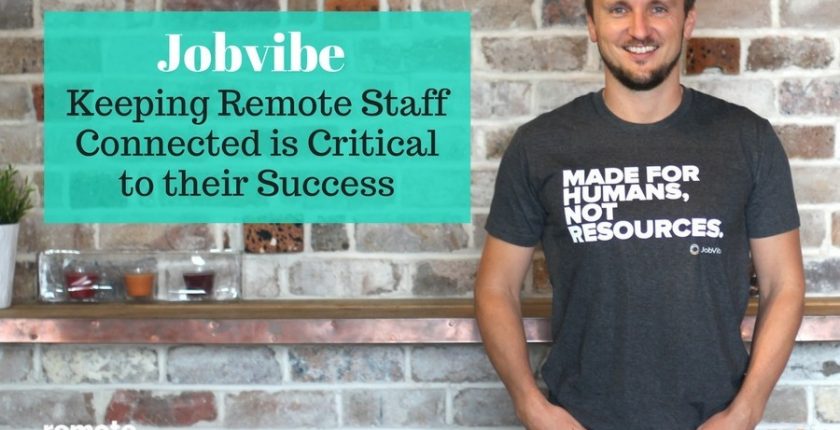
The Top 7 Words To Avoid In Your Remote Work Resume
When writing your remote job applications you want to STAND OUT in the sea of resumes and not use the same language as every other resume out there.
There are a handful of words that hiring managers see every single day in the majority of resumes. And if your resume doesn’t stand out from the crowd, it’s highly likely to be tossed in the trash can.
It’s time to know what these common words are so you can avoid them at all costs.
So, grab a copy of your resume along with a pen or highlighter and let’s see how many of these words you need to replace before applying for your next remote job.
The Top 7 Words To Avoid In Your Remote Work Resume
It’s no surprise that just about every resume has at least one or two of these words.
“…because they’re so important, people usually feel the need to use old-fashioned, stilted, and even cliché language when writing them.” The Muse
Here are 7 words to avoid in your resume if you want to boost your chance of getting a hiring manager’s attention. We also include some helpful replacement words and phrases to help you quickly update your resume.
OBJECTIVE
In this case, we’re referring to the old fashioned “Objective Statement”. It’s not that you can’t use the word ‘objective’ in your job summaries on your resume, but adding an objective statement to the top of your resume is no longer needed … in fact, it’s sure-fire way to get your resume in the reject pile.
If you want to give this section a heading, instead use the words “Personal Statement” or “Summary Statement”. Or depending on the resume format you use, you might be able to leave the heading out if you add the statement to the very top underneath your name.
See what works for you and use this space to bring your personality to life, summarize your skills and experience, and show your potential employer how you can bring value to their organization. In other words, tell them what’s in it for them.
Read More: Gaps In Your Resume? Use Them To Your Advantage
UTILIZED
Everyone wants to show off their ability to use high-value words, but “utilized” is one that you should put away for now.
Be real and keep it simple. Switch this word out for “employed”, “applied”, “handled” or simply “use“.
ROCKSTAR
The term “rockstar” is a well-known buzzword and we still see it being used by employers in their job descriptions. It’s a word that’s meant to show-off your exceptional abilities but sadly it’s been overused in recent years, so it’s time to switch it out.
Use other words to get your point across like “notable”, “VIP” or “leader”.
RESPONSIBLE FOR
Around 90% of people have this phrase in their resume:
“In this role I was responsible for …. blah”. Sounds kind of boring, right?
“Responsible for” is another overused term to describe your job responsibilities. Instead use words that are more specific about what you actually did.
Try switching it out for “supervised“, “in charge of” or “accountable“.
ASSISTED
Why is “assisted” a word to avoid? Simply because it’s too timid. You don’t stand out when you “assist” someone else. You performed a role. Tell us what YOU did and how YOU made a difference.
Use words like “facilitate“, “support“, or “sustain“.
TEAM PLAYER
Ok, let’s be real. Everyone is a team player these days. And unless you’re trying out for the basketball team, we suggest you use a different term.
Perhaps you are “always ready to partner with other people in the organization to realize our shared goals.”
You could use words like “collaborator”, “partner”, or “companion”.
HARD WORKER
We all want to show employers that we’re hard working and not just another member of the herd – you are a leader. So don’t use words that place you firmly in the middle of the pack.
Anyone can be a hard worker. Only you can bring specific value to the company. Think about what results they will get out of hiring you and use that to your advantage on your resume.
Hard worker can be replaced with words like “conscientious”, “diligent”, or “earnest”.
Well, there you have it. Hopefully, by following these tips and spending a few minutes editing your resume will result in more hiring managers being wowed by what you can do for them, and request an interview.
For even more resume writing tips for your remote job applications, read our article How To Write an Interview Winning Resume for Remote Work.
Hint: Stay away from overused buzzwords and industry jargon.
More tips on word choice in resumes can be found in this article: Best Words to Include, and Avoid, on Your Resume from The Balance Careers.

